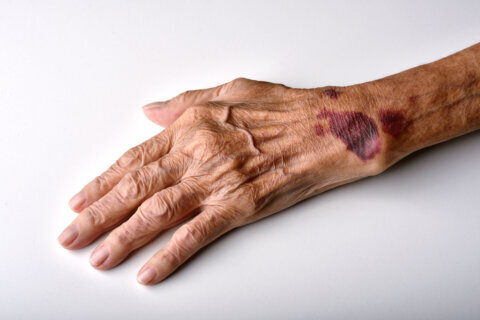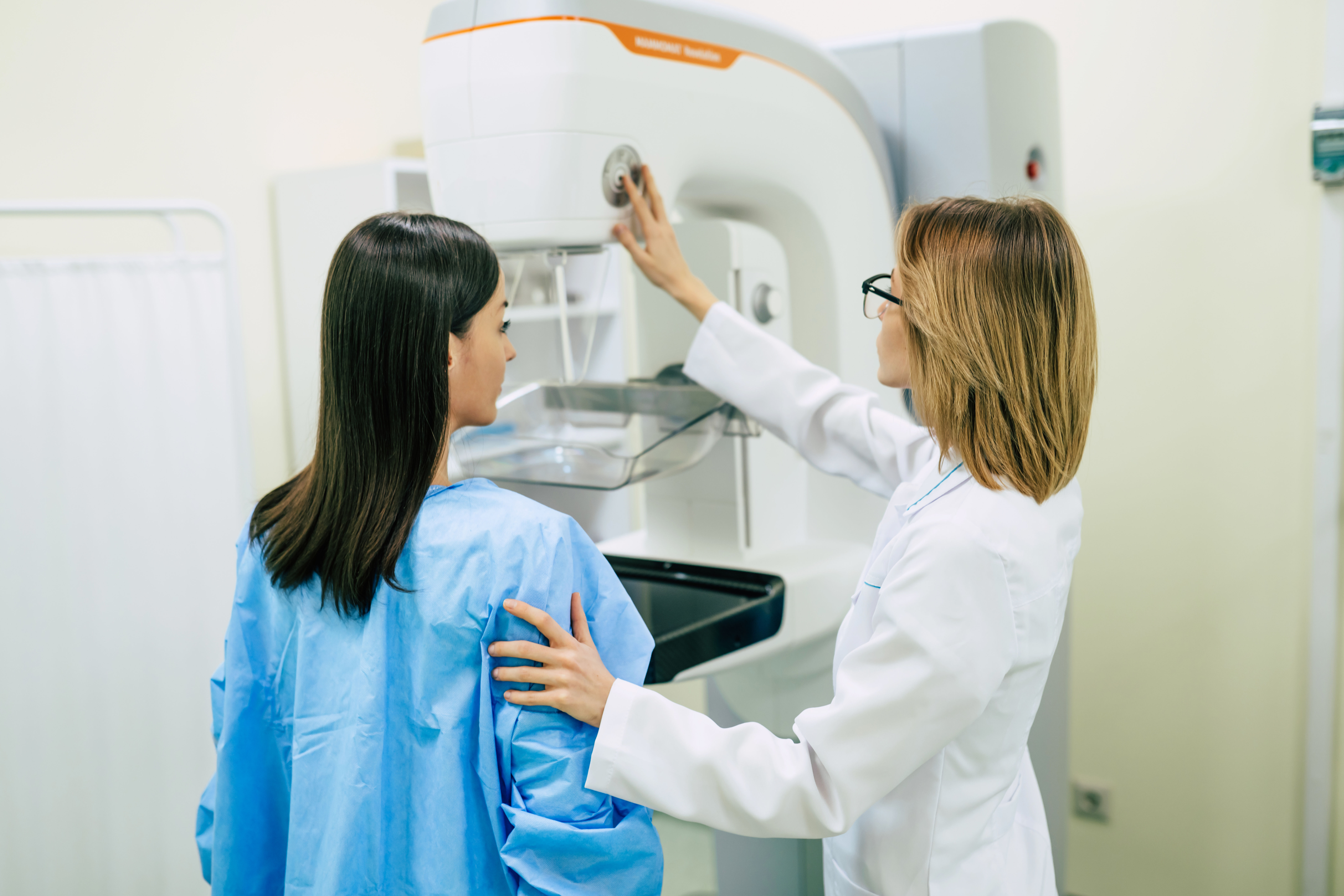This content is sponsored by MedStar Washington Hospital Center.
The use of monoclonal antibody therapy has helped treat many diseases – and thanks to the work of scientists and medical professionals, COVID-19 is one of them.
Monoclonal antibodies are laboratory-produced molecules that act as substitute antibodies that can restore, enhance or mimic the immune system’s attack on cells, according to the U.S. Food and Drug Administration. Monoclonal antibodies for COVID-19 may block the virus that causes COVID-19 from attaching to human cells, making it more difficult for the virus to reproduce and cause harm.
Certain monoclonal antibody therapy treatment agents have been granted Emergency Use Authorization (EUA) from the FDA. This has led the team at MedStar Washington Hospital Center to develop programs to administer the treatments, said Dr. Glenn Wortmann, Section Director of infectious diseases at MedStar Washington Hospital Center.
So what exactly is a monoclonal antibody and how does it work? As humans are exposed to various diseases, the body builds the antibodies – the proteins that power the body’s immune response – it needs to fight them and retains them in case a disease tries to return. This is how we gain immunity to many diseases.
People can get very sick until the body is able to make and deploy enough antibodies to fight back. With the novel coronavirus, patients may suffer serious illness or die before their immune system is able to mount a defense.
“With antibody therapy, we’re able to give the body a shortcut, boosting its immune response by introducing antibodies that are pre-assembled and pre-programmed to fight the coronavirus,” Dr. Wortmann said.
In November 2020, the FDA approved two monoclonal antibodies for COVID-19 treatment: bamlanivimab as well as casirivimab and imdevimab. Both treatment approaches are currently available to early-stage COVID-19 patients at MedStar Washington Hospital Center.
The FDA recommends monoclonal antibody treatment only for the following patients who have tested positive, but who are not hospitalized due to COVID: those who are 12 years or older, weigh more than 88 pounds, experience mild to moderate symptoms and are at risk to get very sick from COVID-19. There is no real data on the use of monoclonal antibodies to treat pregnant women who are sick with COVID-19, Dr. Wortmann said.
Monoclonal antibody therapy is only helpful during a certain window of time, though.
“Antibodies have little effect if a patient’s case of COVID-19 is advanced enough to warrant hospitalization,” Dr. Wortmann said. “By the time a patient is sick enough to need inpatient treatment, they may already be experiencing the massive inflammatory response that makes advanced COVID-19 so dangerous. At that point, the antibodies would have little effect.”
To begin the process of receiving antibodies, a high-risk COVID-19 patient has a one-on-one consultation with a MedStar Washington Hospital Center provider and then books an appointment if they qualify for treatment. When the patient arrives for the treatment, they observe all COVID-19 precautions, including wearing a mask, Dr. Wortmann said.
Antibody infusion takes about an hour. Patients are observed for another hour or so to avoid the rare allergic reaction.
After infusion, the patient goes home to quarantine and must continue to follow the standard isolation precautions established for people who have tested positive for COVID-19. The patient also schedules a telehealth appointment to follow up after the treatment.
So should patients who receive monoclonal antibody treatment get the coronavirus vaccine? Dr. Wortmann says he advises waiting at least 90 days before getting a vaccine so the antibodies don’t interfere with the vaccine’s effectiveness.
Hundreds of MedStar Washington Hospital Center patients have received the antibody treatments, preventing hospitalizations and potentially saving lives, Dr. Wortmann said. And promising developments point to a brighter future too: EUA was granted in February for a new combination of bamlanivimab and etesevimab. This combination targets two of the coronavirus spike proteins, compared to just one for previous treatment agents.
“We’re already very encouraged by what we have seen with the current monoclonal antibody treatments,” Dr. Wortmann said. “And we’re excited about the opportunity to keep introducing new and better treatments here in the future.”
Read more from Dr. Wortmann in a blog post on the MedStar Washington Hospital Center website.







